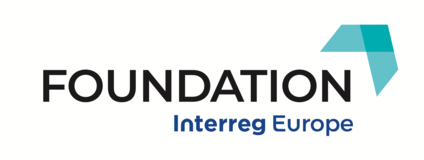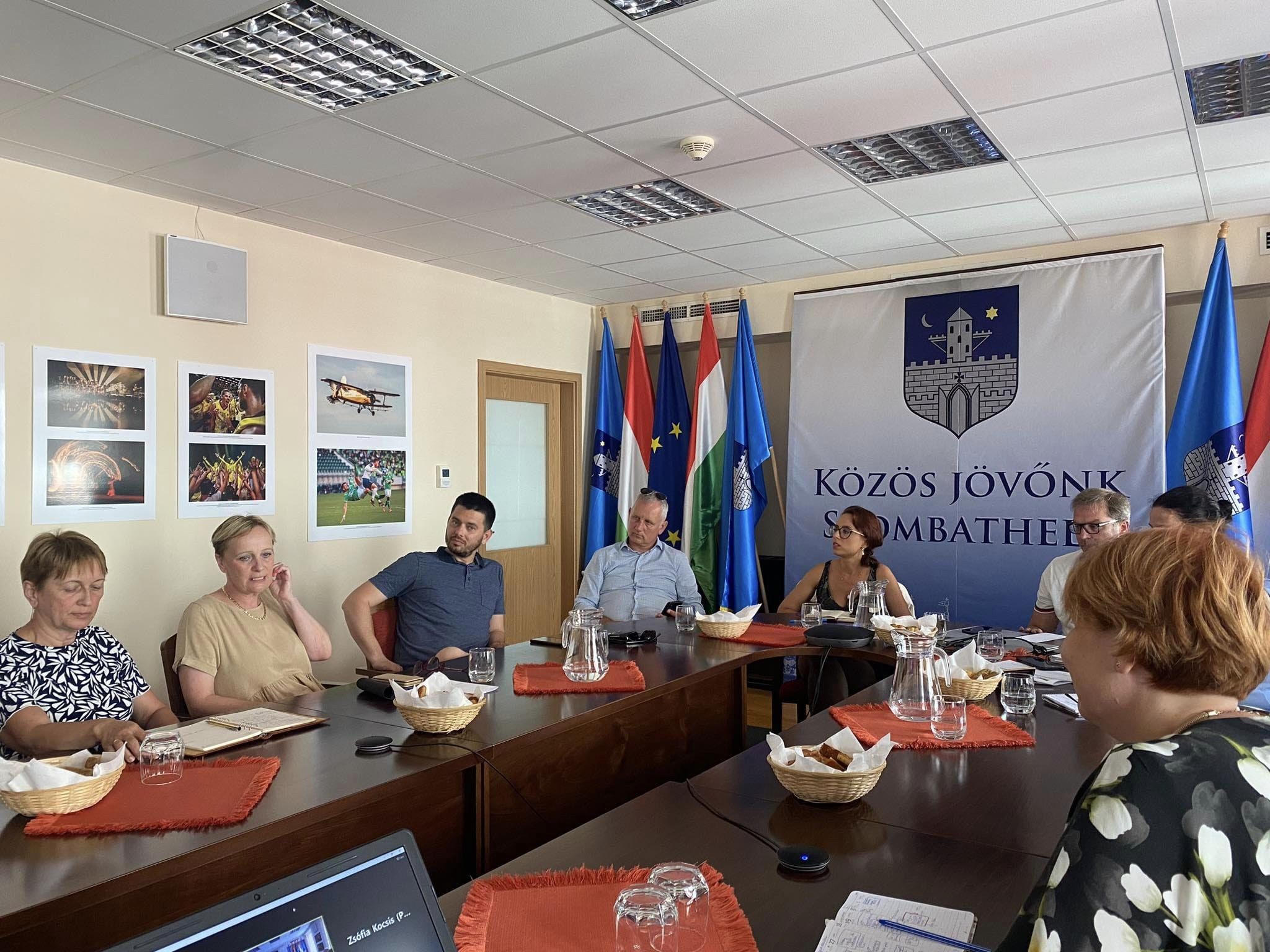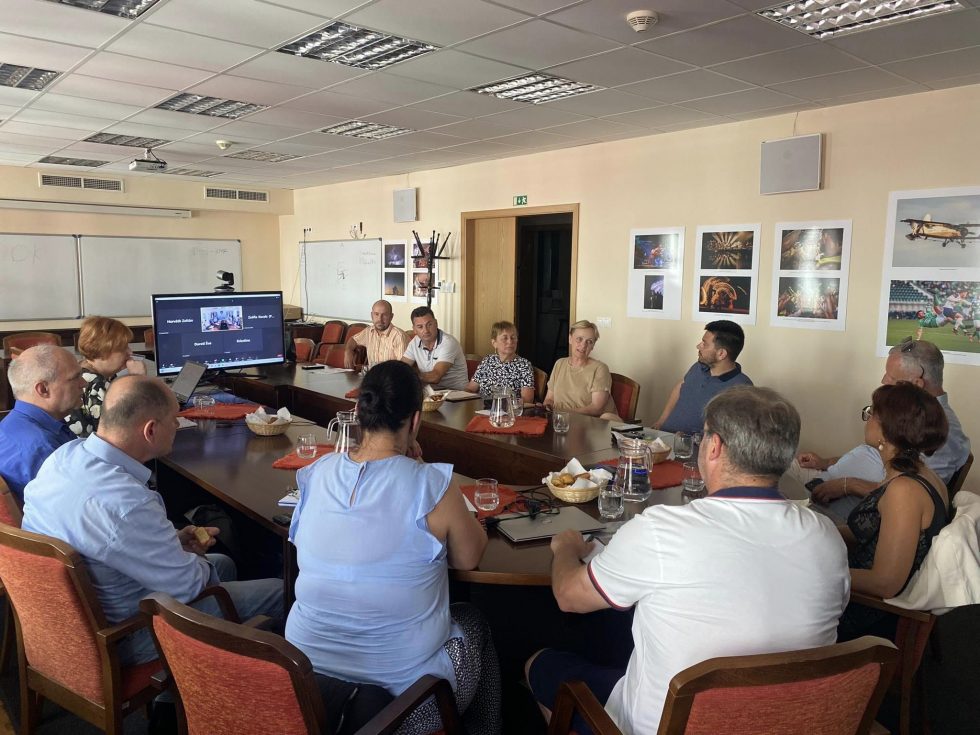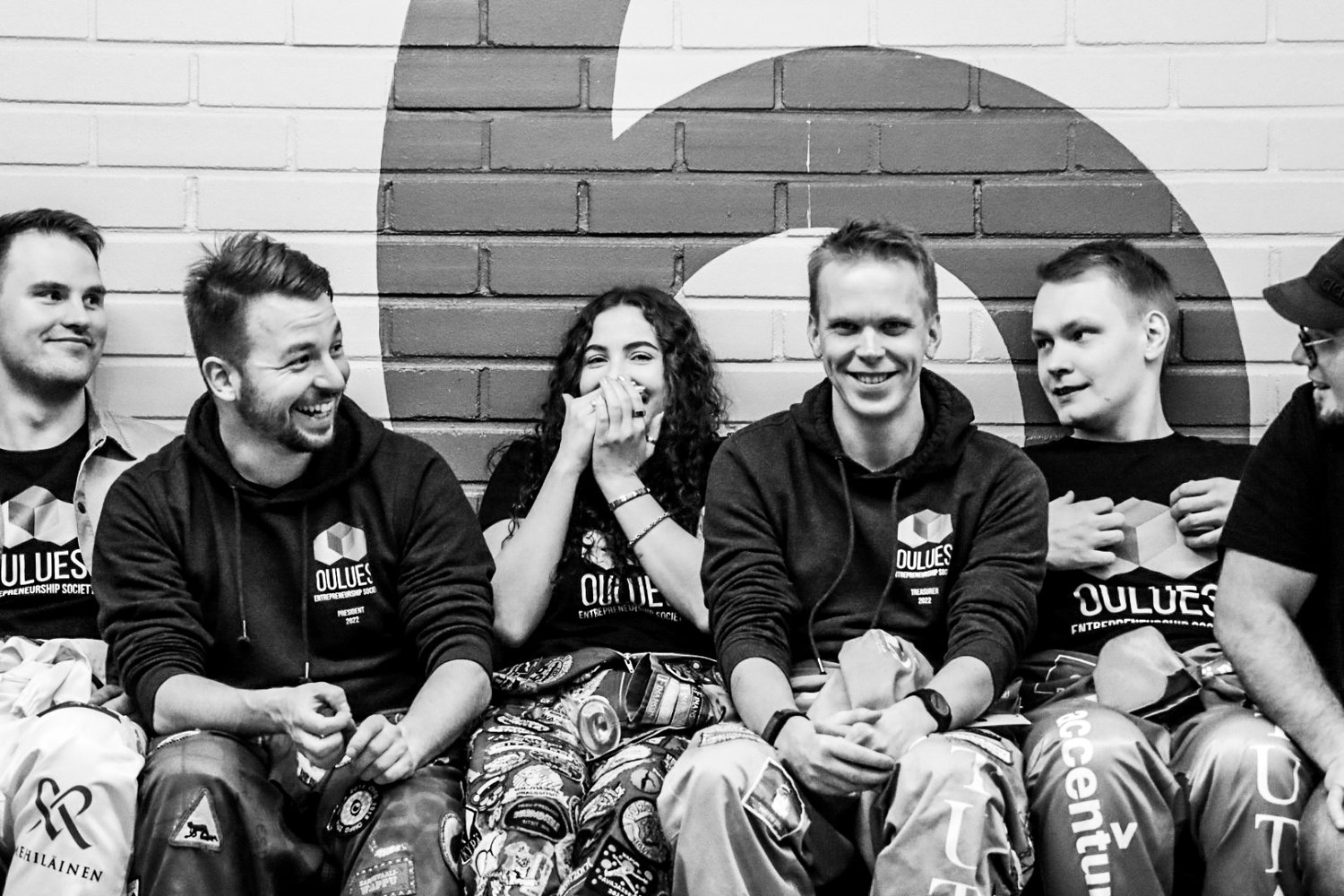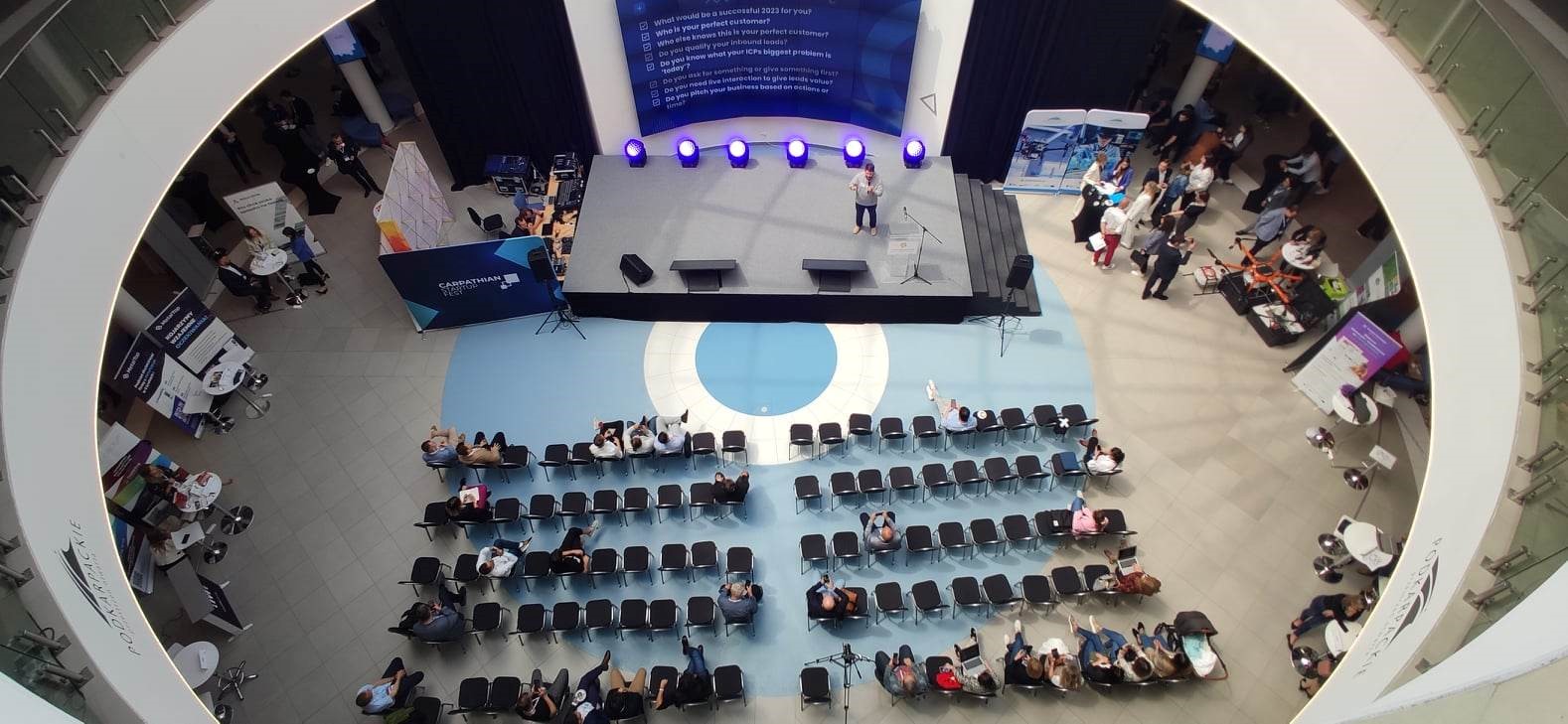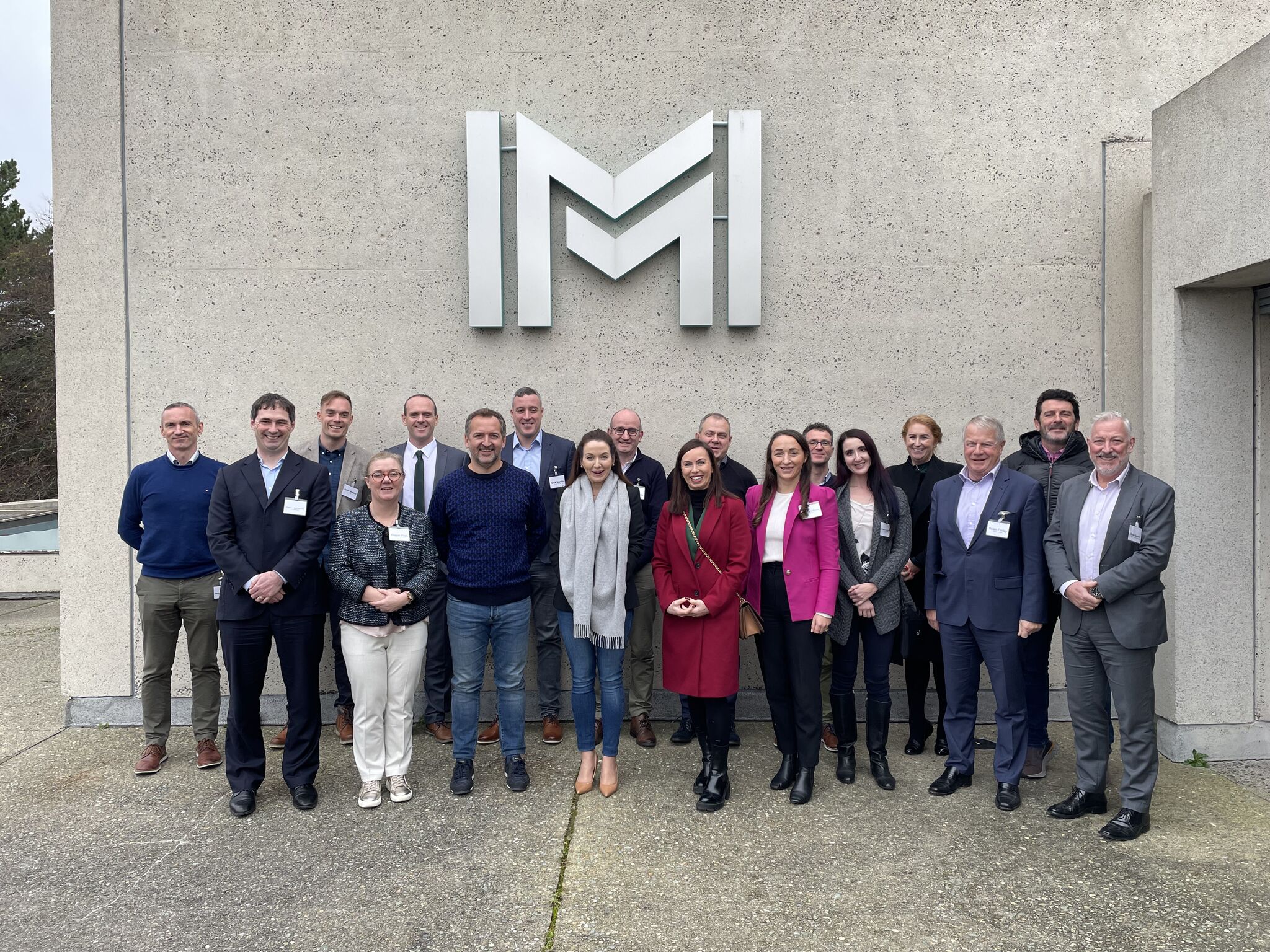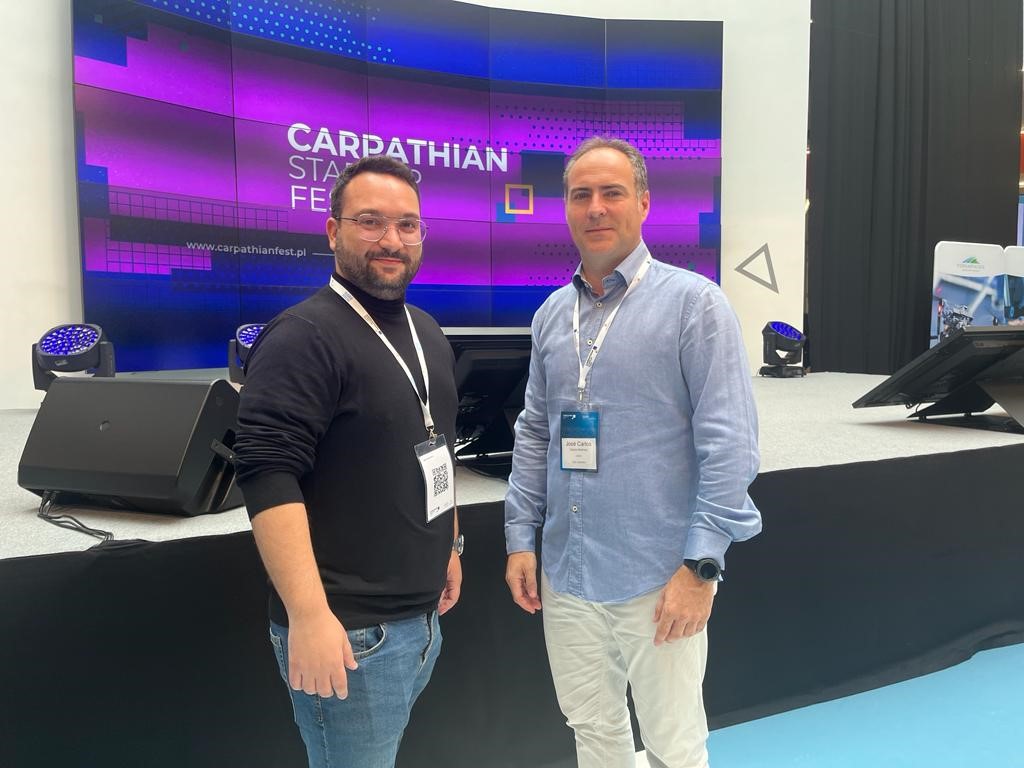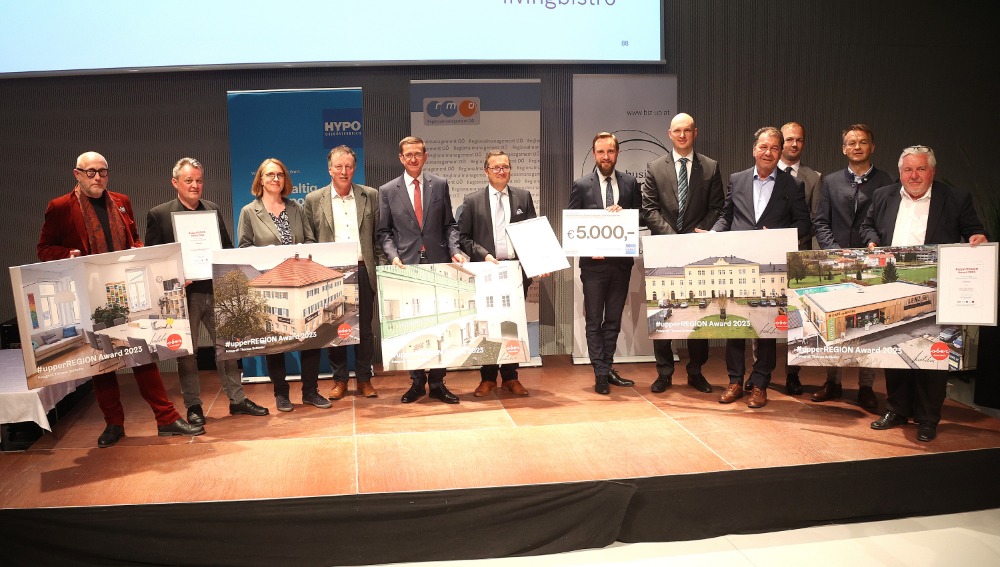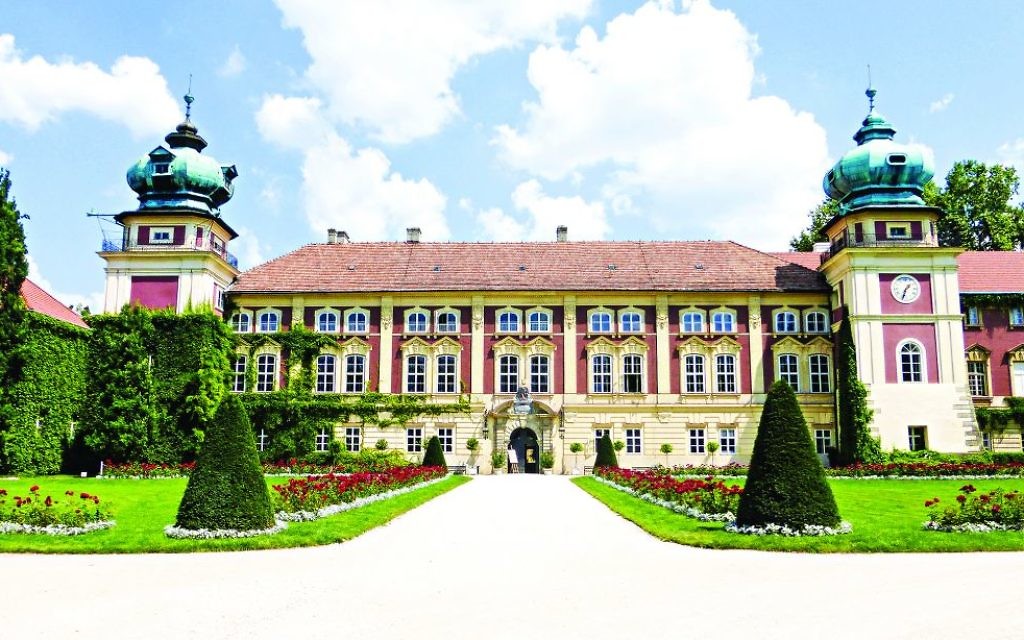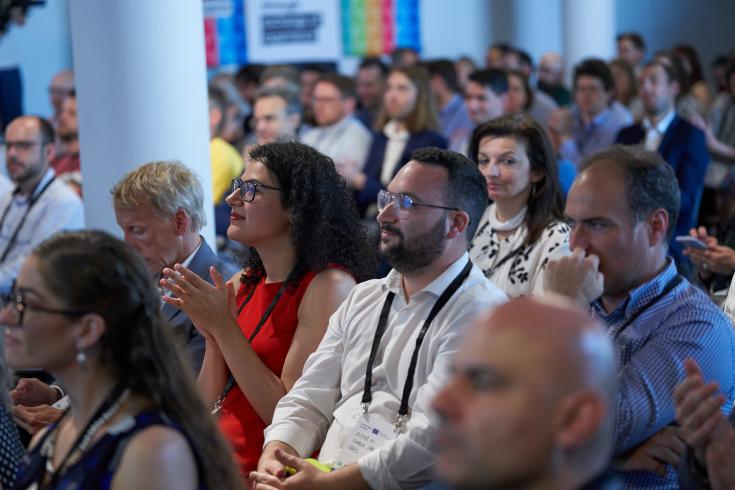The Foundation Project webinar on “Academia and Economic Resilience: What Role Do Academics Play?” took place on Wednesday 19th May and was moderated by Rita Piccinini, Senior Project Manager with the Municipality of Reggio Emilia at the Reggiane Innovation Park.
The webinar focused on the role that universities, educational systems and training institutions can play to help a territory to face or anticipate structural economic shocks and changes.
The education sector is certainly an area that has seen considerable changes as a result of COVID-19. Before the pandemic, education was relatively slow to adopt digital technologies. Higher education reacted to the emergency by delivering online courses and contents using a wide range of platforms, by adopting new protocols, methods of monitoring and forms of examination, and teaching staff was forced to familiarize themselves with online tools.
The city of Reggio Emilia is an international landmark for educational policies thanks to the long-lasting experience gained by the strong network of nurseries and kindergartens and to an internationally acknowledged educational approach, Reggio Children Approach. It has developed an "education chain", from kindergartens to advanced research, involving the distinctive skills of the area: education, agriculture, mechatronics. By investing in all educational stages, the city invests in people and their ability to become active citizens and, therefore, in the first asset of innovation for a community.
Loris Malaguzzi International Center, where Reggio Children Foundation operates, serves as a young talent incubator. It applies Reggio Children Approach to early childhood education, valuing children as strong, capable, resilient, and rich with wonder and knowledge. It works deeply on creativity and curiosity, fostering children’s capacity to think laterally by using their “100 languages”.
ITS MAKER Foundation is an educational institution for resilience to change addressed to competency systems in manufacturing businesses. It has the mission of promoting and spreading technical & scientific expertise with the primary objective of ensuring the formation of highly specialized jobs in order to meet the employment demand from strategic sectors of the economy.
An online app for tracking resource use was developed to help local authorities gathering environmental resource related data. Through the development of this app, Cork County Council has streamlined. Through added functionality, the benchmarking of performance as well as the targeting of improvement areas has been included.
Great Manchester is working with local universities to maximize the impact of their excellent leadership & management training and development offer. The aim is to move the dial for GM’s existing SMEs as well as any new business establishing in GM area, so that they are aware of the importance of adopting best practice management methods to bottom-line.
Oulu Innovation Alliance is a cooperative community uniting science, research & business that helps business and jobs out of research and innovations. Its ultimate strategic focus and target is to keep Oulu as an internationally acknowledged centre for innovation.
Partnership between CERN and Lithuania helps to transfer CERN knowledge into Lithuanian innovation ecosystem. CERN incubators aim to assist start-ups and SMEs to implement innovative technologies and expertise into disruptive products.
The project “New Quality”, co-financed by the European Union, is implemented by the Rzeszów University of Technology to improve its efficiency in key areas, i.e. teaching & resource management, in line with the expectations of the socio-economic environment.
New BSc and MSc programs, which support industries, were extended to dual education system in 2017 and 2020. The initiative strengthens cooperation between engineers and software engineers, which can help to speed up digitalization in the industry. Dual system provides extra scholarship for the students, so those who are living in poorer conditions also have the opportunity to join higher education.
Technical University of Cartagena (UPCT) has addressed the difficulties of the companies in having a rapid technological transformation through the creation of specific university degrees and the integration of Industry 4.0 in the study programmes of technical studies, such as the Master’s Degree on Industry 4.0 and its forthcoming dual training in 2022, that will include internships in companies during the whole duration of the study programme.
Softwarepark Hagenberg (SCWP) is a research, education & business location. It contributes significantly to innovation in Upper Austria. It is distinguishing by its state-of-the-art infrastructure, as well as a diverse network of experienced industry experts, young creative people, researchers & students who are eager for knowledge.
Click here for PDF of the presentation slides or Recording of the webinar.
